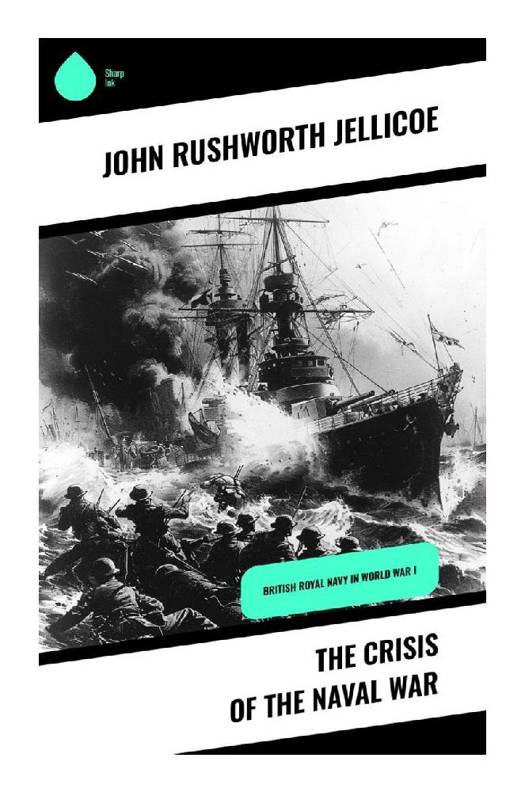
- Retrait gratuit dans votre magasin Club
- 7.000.000 titres dans notre catalogue
- Payer en toute sécurité
- Toujours un magasin près de chez vous
- Retrait gratuit dans votre magasin Club
- 7.000.0000 titres dans notre catalogue
- Payer en toute sécurité
- Toujours un magasin près de chez vous
The Crisis of the Naval War
British Royal Navy in World War I
John Rushworth Jellicoe
Livre broché | Anglais
11,45 €
+ 22 points
Description
In "The Crisis of the Naval War," John Rushworth Jellicoe offers an incisive analysis of naval strategy during World War I, illuminating the complex dynamics of maritime warfare. Written in a clear and methodical prose style, Jellicoe deftly navigates through the pivotal events of the Great War at sea, with a particular emphasis on the Battle of Jutland. His firsthand experience as a senior naval officer enriches the narrative, providing a unique perspective on the challenges and decisions faced by naval commanders. Jellicoe's critical treatment of the events not only reflects the multi-dimensional aspects of naval operations but also situates them within the broader context of military history and strategy, making it an essential text for understanding maritime conflict in this era. Jellicoe, a distinguished admiral and commander of the Grand Fleet, draws from his own profound experiences and the lessons learned during key naval engagements. His unique position and understanding enable him to reflect critically on the shortcomings and triumphs of naval tactics, ultimately shaping his arguments regarding the future of naval power. His military background, combined with a deep commitment to enhancing naval strategy, informs every facet of this work, establishing him not only as a participant but also as an insightful commentator on naval affairs. For scholars, military historians, and enthusiasts of naval warfare, "The Crisis of the Naval War" is a must-read that provokes thought and discussion on leadership, strategy, and the nature of warfare itself. Jellicoe's candid reflections on the naval war's challenges afford readers a deeper understanding of the intricacies involved in maritime conflict, making it both an enlightening and engaging exploration of one of history's most significant naval confrontations.
Spécifications
Parties prenantes
- Auteur(s) :
- Editeur:
Contenu
- Nombre de pages :
- 144
- Langue:
- Anglais
Caractéristiques
- EAN:
- 9788028370787
- Format:
- Livre broché
- Dimensions :
- 152 mm x 229 mm
- Poids :
- 201 g

Les avis
Nous publions uniquement les avis qui respectent les conditions requises. Consultez nos conditions pour les avis.






